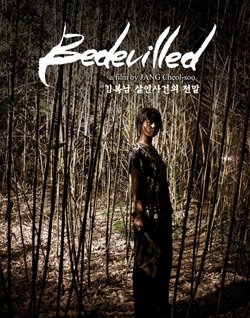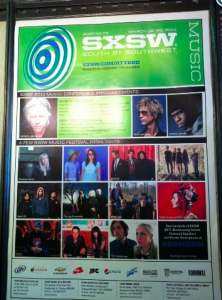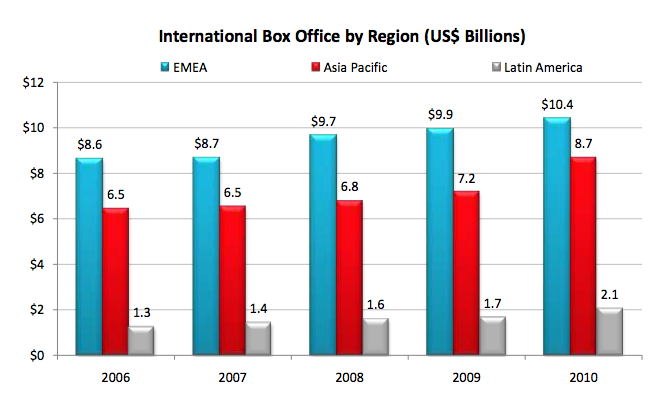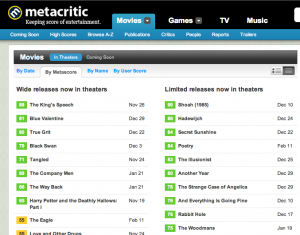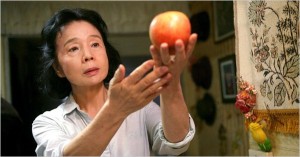So I just saw the movie adaptation of BARNEY’S VERSION, the great book by Mordecai Richler — and wow was it terrible. Completely awful. Now, to be fair, I went into the film pretty skeptical — Paul Giamatti as Barney? Scott Speedman as Barney’s best friend, the fast-living, drug-addicted writer Boogie? Really? Minnie Driver as the second wife? Those are some odd casting choices. The trailer was pretty uninspiring, too. But it was a movie based on one of my favorite books of all time, so I had to check it out.
Usually I don’t like to pile on bad films (or music or whatever). Far better to spend one’s time talking about the (all too rare) good stuff out there than to complain about the bad. But then I saw that this movie has an 80% freshness rating on Rotten Tomatoes — yikes — so I had to post my tiny little protest against this bizarre onslaught of bad taste.
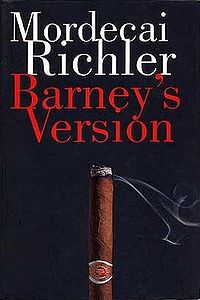
Where to even begin describing how wrong this movie was? There is so much to cover, and I’m sure I will miss many things (or hopefully my brain has already begun the healing process, and is forgetting the worst of the film).
The Point(less)
The whole point of BARNEY’S VERSION is a old man looking back on his misbegotten life. It is narrated from his point of view, so is full of his judgments, his unfair analysis, his biases — and made all the more unreliable by his struggle with Alzheimer’s.
So a movie taking a third-person, objective look at Barney’s life is already facing a pretty tough challenge. The filmmakers have immediately shifted the story away from what made the original tick and what gave it heart. Maybe, given sufficient inventiveness and wit, they could have overcome that challenge — but there is not and they do not.
Casting
Barney, the main character in BARNEY’S VERSION is a man of many, many faults — he is drunk, crude, cantankerous. But he is not a schlub. And that is how Paul Giamatti plays him, as a schlub. A soft, unread bore (whereas Richler’s Barney wa a voracious reader — sure, he read for the wrong reasons, but he did read a lot). I think Giamatti thought he was being tough a couple of times when Barney growled a couple of lines, but he sounded about as authentic as Kevin Costner was in Robin Hood.
Barney may have been a jerk, but there was a reason he was able to marry three beautiful women, it made some sense. Richler was never known for being terribly insightful or rich with his women characters, but somehow this movie makes them all even more shallow. Why do they fall in love with Barney? Why do they even give him the time of day? This part really had my wife snapping and angry.
And who is the Rosamund Pike woman (who played Mariam, Barney’s saint-like third wife)?
Minnie Driver was a poor choice to play Barney’s second wife, but at least her acting is pretty good, and she is one of the few characters who have some life in this soggy story. Hoffman does a good with his bad material, too, although his storyline is as random and clunky as everyone else’s in this mess.
Satire
Mordecai Richler was, first a foremost, a satirist. Practically every page of his books are full of witty, brutal takedowns of our politics, society, culture, hypocrisies, and vanities. But this is a movie without satire (or wit, for that matter). It just a convoluted love story, with an unimportant murder-mystery tacked on.
And, really, you could cut out the murder and everything with Boogie and not changed the movie was all, whereas the murder-mystery was the core of the book. BARNEY’S VERSION was “written” by Barney, seeking vindication for his misspent life. So on each page Barney settles scores with a fierce, acidic wit. But the movie? Nothing.
Music
Okay, this is a little more random and less serious — I love the music of Leonard Cohen, but I fear it is time for a new rule: if you have Leonard Cohen music on your soundtrack, your movie probably stinks. If you have Leonard Cohen music during a sex scene, multiply that stinkiness by 100 or so. The evidence is overwhelming — WATCHMEN, PUMP UP THE VOLUME, BIRD ON A WIRE, SHREK, and now BARNEY’S VERSION (obviously the exception to this is MCCABE & MRS MILLER).
Wrapping Up
Yes, fans of books who complain about the movie adaptations can be tiresome (and cliche). But I do find it interesting how the ways movie adaptations stink have changed over the years. Most of my life, the problem was Hollywood changing everything, with no respect for the source material. But now, I think the opposite error — over-faithfulness to the source material — is the main problem. WATCHMEN, THE OLD GARDEN (a Korean movie from a couple of years ago), and BARNEY’S VERSION are all fairly accurate to their original books, and all three suffer because of it. (Faithful to their plots, that is … they are about a million miles away from being faithful to the essence of those works).
THE WONDER BOYS is a good counter-example. Absolutely wonderful film, but it diverges significantly from the book, especially in the second-half. And in most of the ways it is different from the book, it improves upon the book’s failings.
Anyhow, a movie needs to stand or fall on its own merits. And even if you completely forget about the book, the movie BARNEY’S VERSION is a mess. Worse, it is dull and torpid. Save yourself the pain and just read the book (in fact, I think I will start re-reading it).

